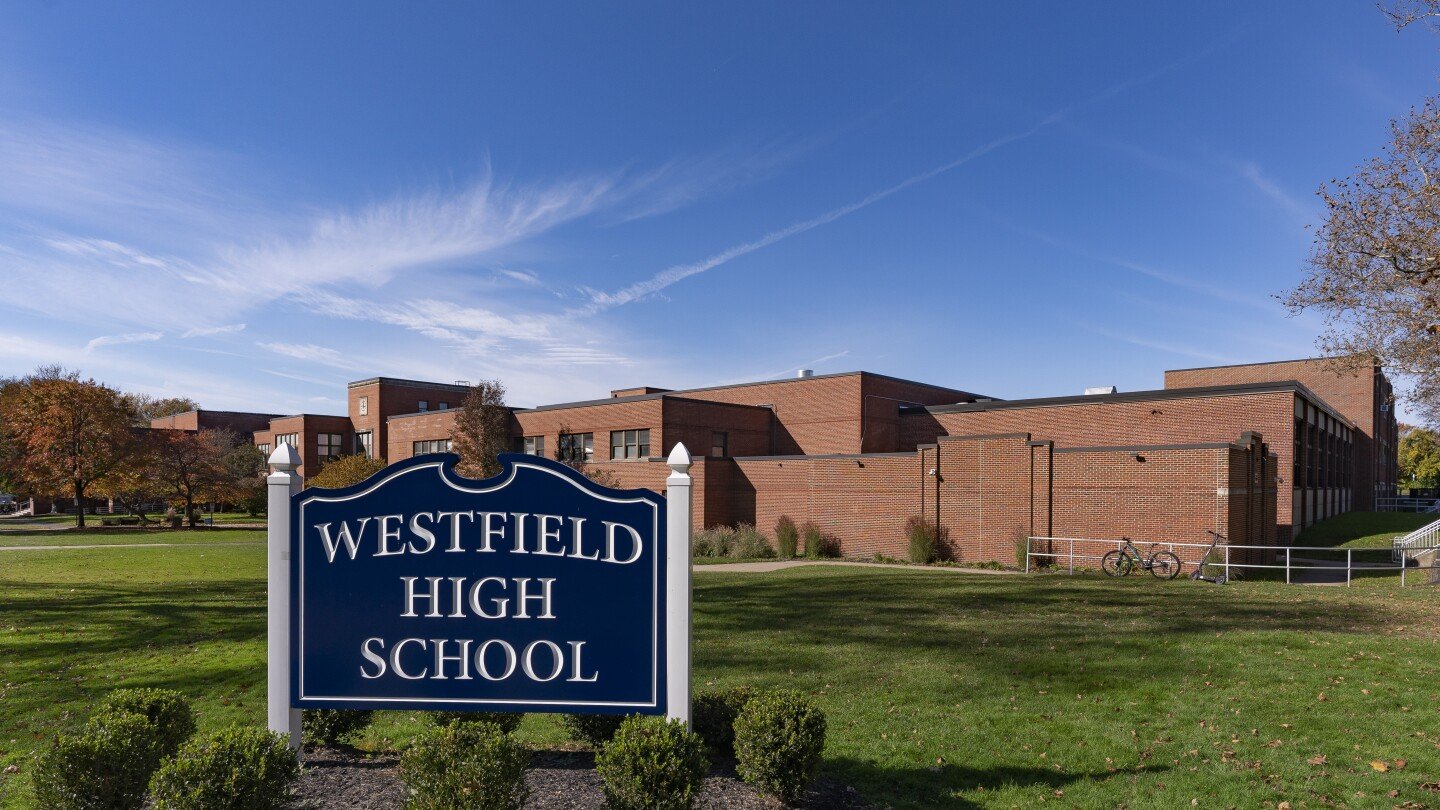A mother and her 14-year-old daughter are advocating for better protections for victims after AI-generated nude images of the teen and other female classmates were circulated at a high school in New Jersey.
Meanwhile, on the other side of the country, officials are investigating an incident involving a teenage boy who allegedly used artificial intelligence to create and distribute similar images of other students – also teen girls - that attend a high school in suburban Seattle, Washington.
The disturbing cases have put a spotlight yet again on explicit AI-generated material that overwhelmingly harms women and children and is booming online at an unprecedented rate. According to an analysis by independent researcher Genevieve Oh that was shared with The Associated Press, more than 143,000 new deepfake videos were posted online this year, which surpasses every other year combined.



I see your point. In that way it’s just like any other bullying, though more personal. Unfortunately, society hasn’t done a good job of coming up with workable solutions for bullying. In this case, dragging the culprit behind the bleachers and letting the girls take turns kicking him in the nuts would be my go-to, but you can’t do that sort of thing anymore.
You response highlights how the victims needs the power of community to respond appropriately, and how society excuses some forms of violence (involuntary porn) and not others (women getting retribution).